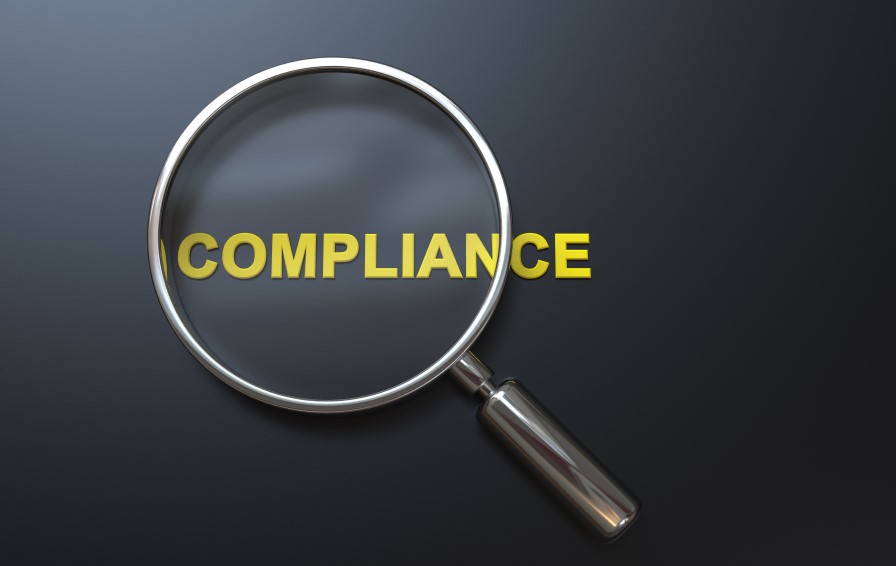With many Australian businesses taking part in the government’s COVID-19 stimulus package including the JobKeeper and the cash flow boost, the ATO has now commenced a compliance program to weed out those that are exploiting the stimulus; in order to level the playing field for the majority of businesses that are doing the right thing.
The ATO has noted that it will not tolerate illegal behaviour or development of schemes that are designed to deliberately exploit COVID-19 stimulus measures or seek to avoid tax. It says it has already seen some examples of fraud and fraudulent attempts or people developing schemes to try and “steal money from the community”.
Specifically, in relation to the JobKeeper, the ATO said it will be focusing its compliance efforts on the following:
- Business income eligibility requirements;
- Eligibility of employees;
- Ensuring eligible businesses are correctly making claims; and
- Ensuring entities are not manipulating their turnover in order to satisfy the decline in turnover test.
To recap, to be eligible for the JobKeeper, generally the business (with an aggregated turnover of $1bn or less) would have needed to experience a 30% fall in turnover and had at least one eligible employee on 1 March 2020 who was currently employed by the business. Eligible employees usually have to be either Australian residents or holders of a Subclass 444 (Special Category) visa, and be employed either full time, part time or a long-term casual employee at 1 March 2020.
For the cash flow boost, the ATO is on the lookout for employers who have entered into a scheme which is designed to:
- Artificially restructure the business to gain access to the cash flow boost;
- Artificially changing the character of payments to salary or wages to maximise the cash flow boost;
- Inflating reported withholding amounts to maximise the cash flow boost;
- Resurrecting dormant entities or phoenixing.
Again, to recap, the cash flow boost was available to small or medium businesses, including sole traders, companies, partnerships or trusts (aggregated annual turnover of less than $50m) which held an ABN on 12 March 2020. In addition, the business must have made payments to employees subject to withholding (even if the amount required to withhold was zero), and the business lodged at least one tax return or activity statement/GST return for a specific period.
ATO warns that severe penalties can be applied to tax avoidance schemes or those found to be breaking the law, penalties for fraud can also include financial penalties, prosecution, and imprisonment for the most serious of cases.

